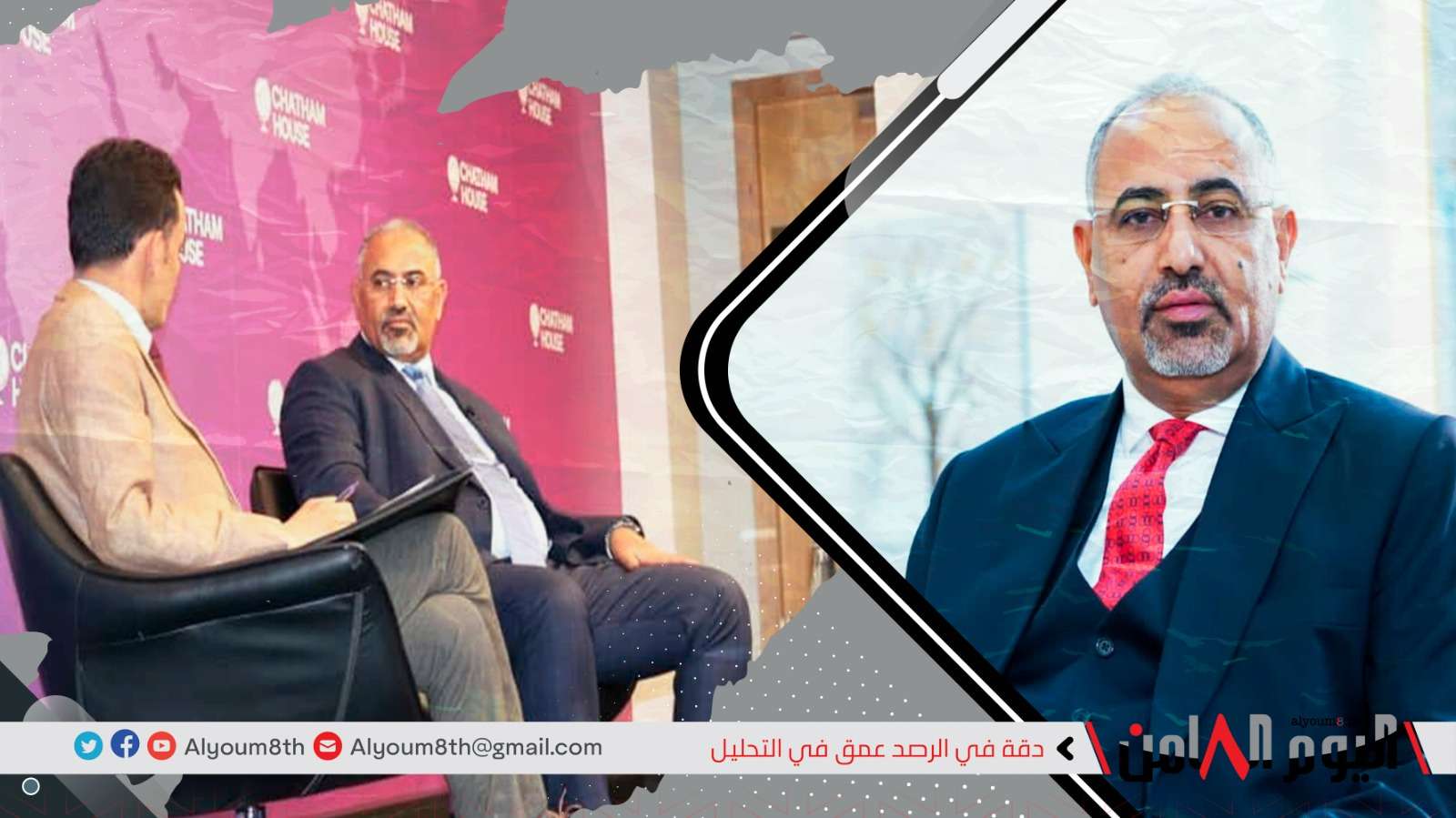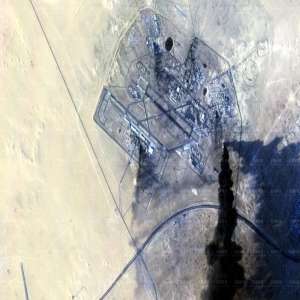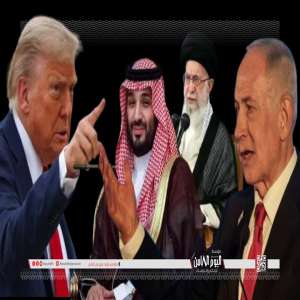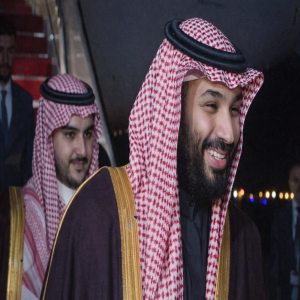"seminar at "Chatham House"
Al-Zubaidi :We are working for the independence of the South peacefully under the supervision of the United Nations
The President Leader also highlighted the issue of combating terrorism, and the efforts of the Southern Armed Forces in this regard, stressing that the Southern forces are confronting the Houthi militias and combating terrorist groups, according to a purely national belief.

President Aidarous Al-Zubaidi, President of the Southern Transitional Council (STC)
, Vice-President of the Presidential Leadership Council (PLC), said in a seminar hosted by the British Royal Institute "Chatham House" in London, at noon time, today (Thursday); that the Presidential Leadership Council is facing many difficulties after the Houthi militias targeted oil facilities in Shabwa and Hadhramaut.
President Al-Zubaidi emphasized in the context of his speech that the current government has become unable to carry out its tasks in providing the minimum level of services, indicating that the measure taken by the governor of the capital, Aden, was necessary to secure the capital, and to push for resolving matters within the Presidential Leadership Council and the government.
President Al-Zubaidi touched on the work of the Presidential Leadership Council, highlighting that the relationship between the members within the Council is wonderful, and everyone agrees that they are one front in confronting the Houthi militia, and facing economic and humanitarian challenges, although each member has his own program.
During the seminar, the Leader gave an explanation of the organizational structure of the Southern Transitional Council (STC) and its various bodies, stressing that the Council pursues a moderate civil policy, and is committed to the international and regional community to respect international laws and covenants while struggles to achieve the aspirations of the people of the South, and refuses to use religion as an umbrella to achieve political goals.
The President Leader also highlighted the issue of combating terrorism, and the efforts of the Southern Armed Forces in this regard, stressing that the Southern forces are confronting the Houthi militias and combating terrorist groups, according to a purely national belief.
In this regard, President Al-Zubaidi appreciated the role played by the Kingdom of Saudi Arabia and the United Arab Emirates in combating terrorism in the country, as their presence was prominent in rehabilitating the security services that had completely collapsed due to the war, and today they are playing a major role in maintaining security and combating terrorism.
Regarding the political entity, which was recently announced, under the name of the Hadhramaut National Council, President Al-Zubaidi made it clear that full details are still not available about it, underlining that the Transitional Council has adopted the option of dialogue with all components in the south, and has started the first phase with entities that believe in the inevitability of restoring the Southern State and will continue the dialogue with the rest of the other powers.
On the future vision of the Southern Transitional Council's work, President Al-Zubaidi affirmed that the south will not take any unilateral measures to declare independency, and will work to achieve this through a peace process under the supervision of the United Nations.
President Al-Zubaidi reaffirmed that the Southerners do not demand secession as promoted by some people, especially that they are not a minority, stressing that the South was a country with a flag, anthem, currency, and seats in the United Nations, international and regional organizations, and its people have the right to regain their full sovereign state, The South is also an integral part of the region, and has a strategic relationship with its brothers in the Kingdom of Saudi Arabia and the United Arab Emirates, and aspires to be an active part in the Gulf Cooperation Council (GCC) in the future.
At the end of his speech, President Al-Zubaidi revealed that he rejected an offer to take up the seat of presidency of Yemen, because he carries the cause of a homeland, and was never searching for power, indicating at the same time that the moral, human, and fraternal responsibility puts an obligation on the Southerners not to leave their brothers from the people of Northern Yemen as victims to the Houthi militia.



